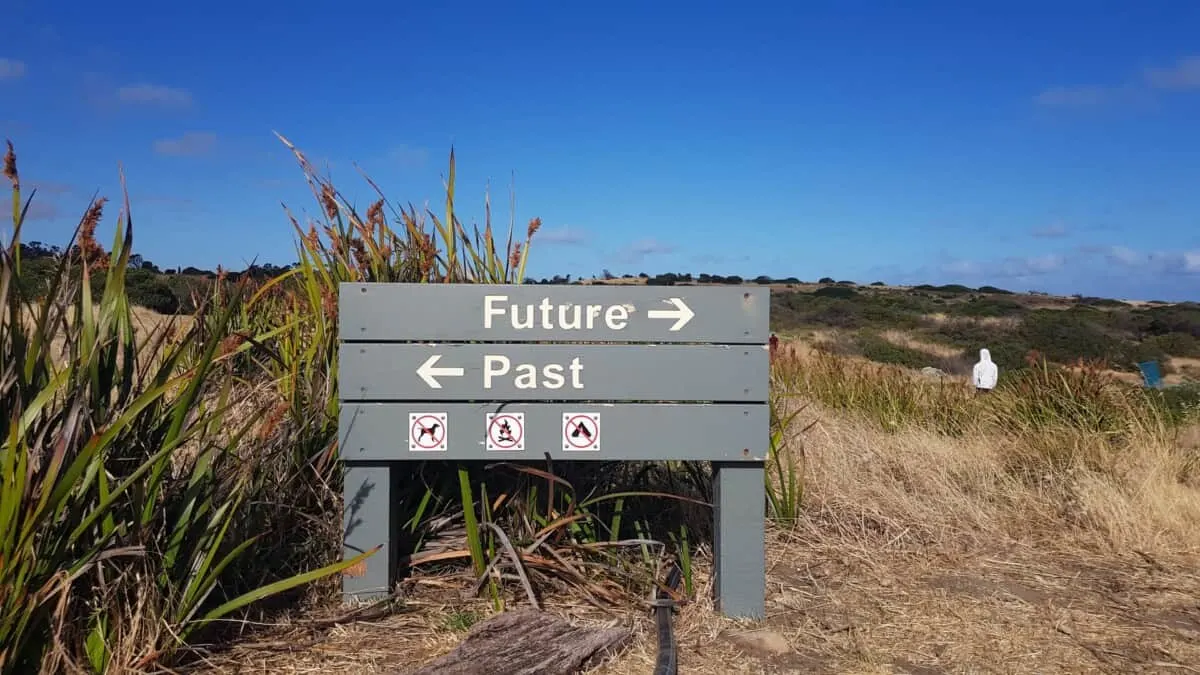Most are familiar with past, present, and future tenses. But outside of school, we stop consciously thinking about the effect of simple, continuous, and perfect forms, especially in our writing, which can make knowing which tense to use a little bit tricky. Contrary to popular belief, past perfect tense can stand alone without another clause. …
You will occasionally hear several phrases in the English language that are essentially incorrect, yet people use them fairly often. While the person saying it is trying to be polite, is it correct to say, “May you please”? It is incorrect to say, “May you please,” as we use the word “may” to ask for …
Imagine that you’ve just finished a huge project at your job, and now it’s time to take a vacation. Your boss smiles and wishes you well on your holiday, then she says, “You deserve it!” But how can you respond when someone wishes you well, and how should you respond to “You deserve it?” The …
The Backstreet Boys told us, “What makes you different, makes you beautiful.” Christina Aguilera said, “You are beautiful, no matter what they say.” With so much positivity, can anyone be absolutely beautiful? It is correct to say “absolutely beautiful.” The adverb “absolutely” means completely and totally. “Beautiful” is an adjective that refers to someone very …
Most of us understand the basics of past, present, and future tense. Tenses help show when an event took place. And sometimes, you may need to use more than one tense in a single sentence. Present perfect tense and past perfect tense can be used in the same sentence. Present perfect indicates something that happened …
In the English language, it is important to understand the proper use of the perfect tenses. For example, when we try to talk about an action that occurred for some time and was ongoing, is it “has been” or “had been”? “Has been” is only used with third-person nouns or pronouns to indicate an action …





